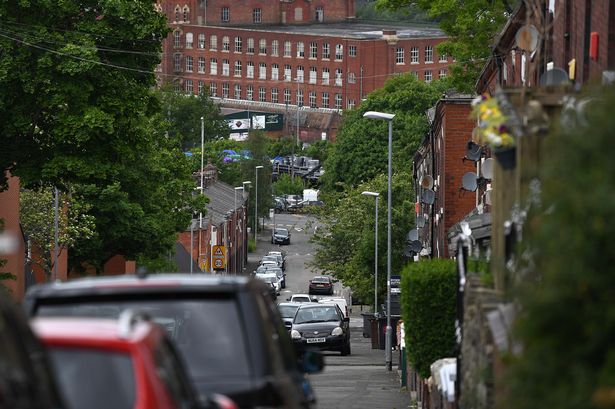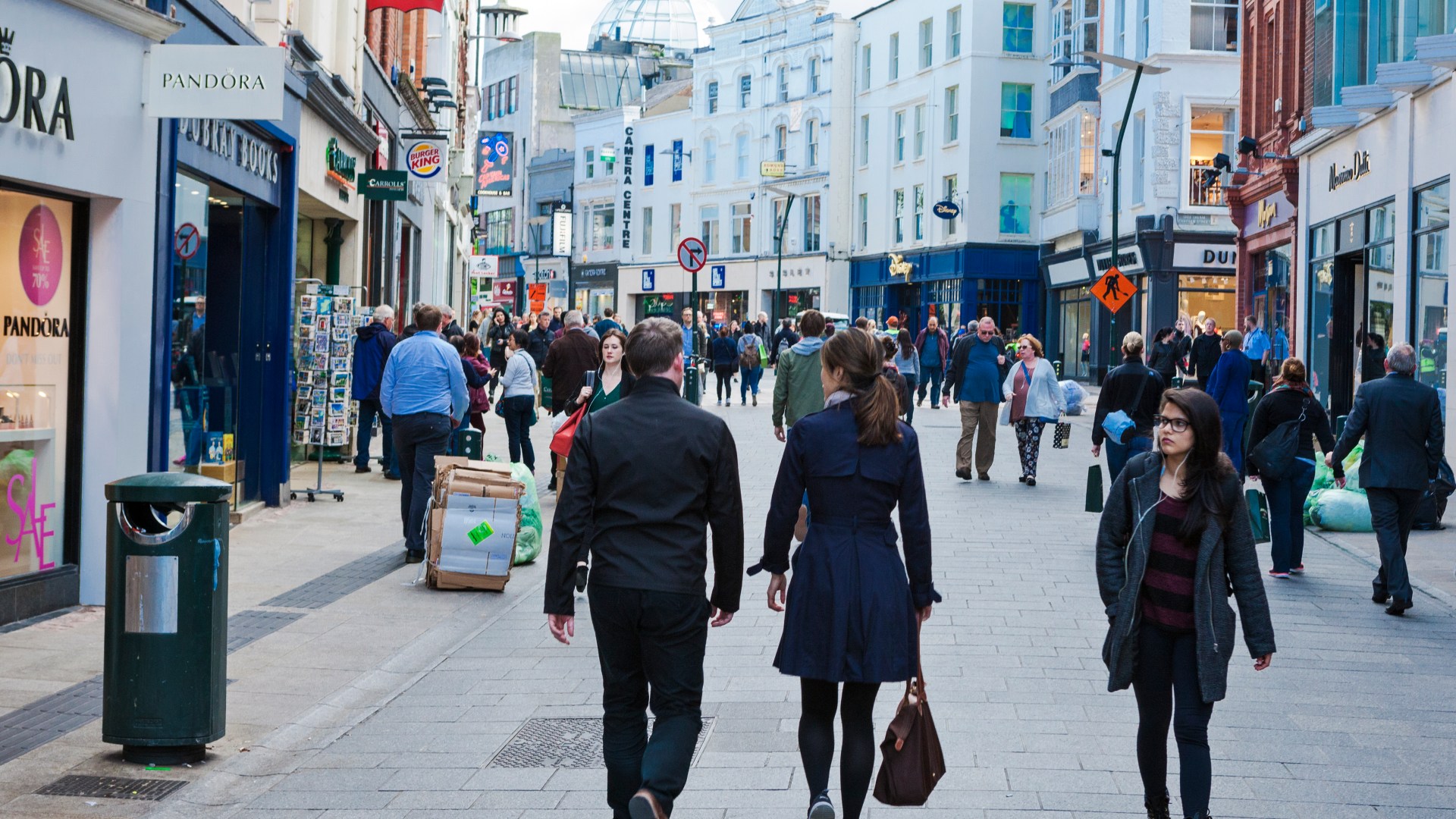The latest government figures reveal a stark contrast between the economic growth in Manchester and the increasing deprivation in nearby Oldham. While Manchester continues to thrive, with over a third of its neighbourhoods improving in economic terms, Oldham is experiencing a significant decline, according to the Index of Multiple Deprivation.
The Index, which assesses deprivation levels across England, categorizes neighbourhoods into ten bands, ranging from the most deprived to the least deprived. The most recent data, compared to the previous assessment conducted in 2019, shows that 44 out of Oldham’s 142 neighbourhoods have deteriorated, marking a troubling trend for the town’s residents. In contrast, only 19 neighbourhoods in Oldham have moved into a less deprived band, indicating that nearly 31% of the borough is worse off now than six years ago.
In Manchester, the situation is markedly different. Over 36% of Manchester’s neighbourhoods have improved, with 106 out of 295 areas moving into a less deprived band. Only 9% of Manchester’s neighbourhoods, or 26 areas, have seen a decline since 2019.
Andrew Glynn, a retired journalist from Oldham, expressed his concern, stating, “Those statistics don’t surprise me. This place is on its knees.” His comments reflect the frustration felt by many locals who have witnessed the decline of their community. “The way it looks, the way it feels. The numbers of businesses that were here and are no longer here. It feels like the town is dying.”
Glynn attributes Oldham’s struggles to a historical shift from a robust industrial base to a loss of jobs without adequate replacements. This decline has been compounded by changing shopping habits, pushing residents to seek opportunities in Manchester or even London. Many young people are leaving the borough in search of better prospects.
Residents like Charlie, a mother living in one of Oldham’s most deprived areas, shared her personal struggles. “Ever since having my daughter, I’ve been the most worse off in my life and no one will help us,” she said. With her partner losing his job and a lengthy wait for Universal Credit, she faces overwhelming financial pressure. “We had to wait a month for Universal Credit to come through, and when it did, all of it went on our rent, which is £950.”
Charlie’s story underscores the harsh realities many face in Oldham. She recalls paying £450 a month for a two-bedroom house eight years ago, and now finds herself paying more than double, without a corresponding increase in wages from her previous job. “I think things have been getting worse for the past 15 years,” she added.
Lisa, a support worker, echoed these sentiments, noting her rent increase from £650 to £700 in just a year. “It really just makes you worry about the money all the time. It’s constant stress,” she explained.
The challenges extend beyond rising rents. Residents in Oldham face a scarcity of job opportunities, contributing to a cycle of poverty and instability. Milana, a former hairdresser, shared her own difficulties after losing her job during the pandemic. “I had to take a job at a warehouse so I could pay my bills. Then I injured myself,” she recounted, highlighting the obstacles that can quickly derail efforts to improve one’s situation.
Despite these challenges, some areas in Oldham have seen slight improvements. According to government statistics, three neighbourhoods bordering Manchester have moved into a less deprived band. However, many residents feel little has changed over the years.
Janet Harding, a lifelong resident of Failsworth, expressed a sense of stability in her community. “I don’t think it’s changed much,” she stated when asked about improvements in her area. “It is a nice area though. I like living in Failsworth. Where I live, I’m near the shops, there are buses into Oldham and Manchester, there’s a community.”
Other locals, like Brian, acknowledged that Failsworth benefits from its proximity to Manchester. “We have the tram, it’s 20 minutes to the city centre, 20 minutes to Oldham. Where are all the jobs?” he queried, reflecting the frustrations of many in the borough.
As Oldham grapples with increasing deprivation, it becomes clear that the disparity between it and Manchester is widening. The experiences of residents reveal the pressing need for initiatives that address job creation, housing affordability, and social support to help reverse this troubling trend. The contrast in fortunes serves as a critical reminder of the challenges that persist in many communities, where economic growth in one area does not necessarily translate to prosperity for its neighbours.







